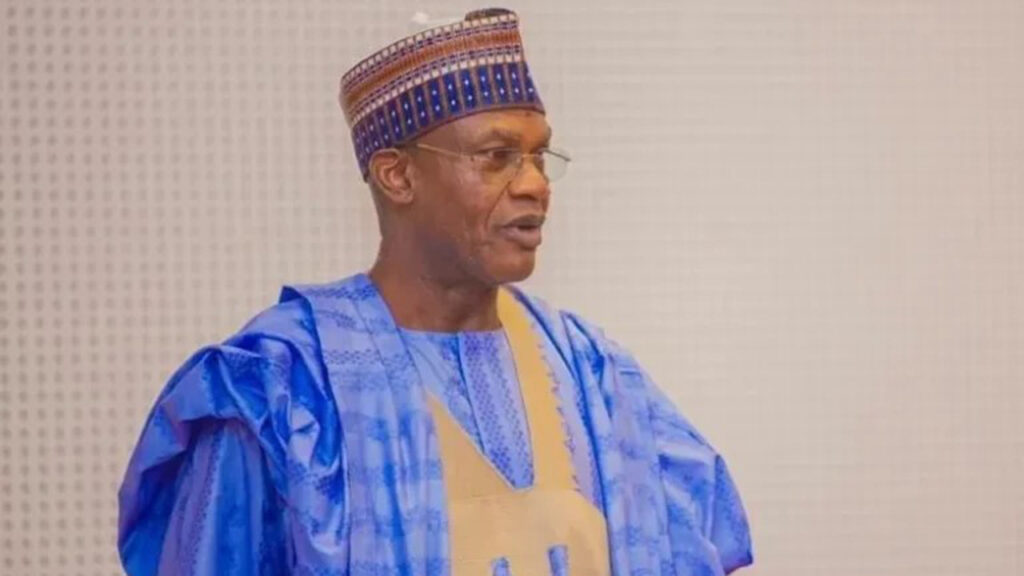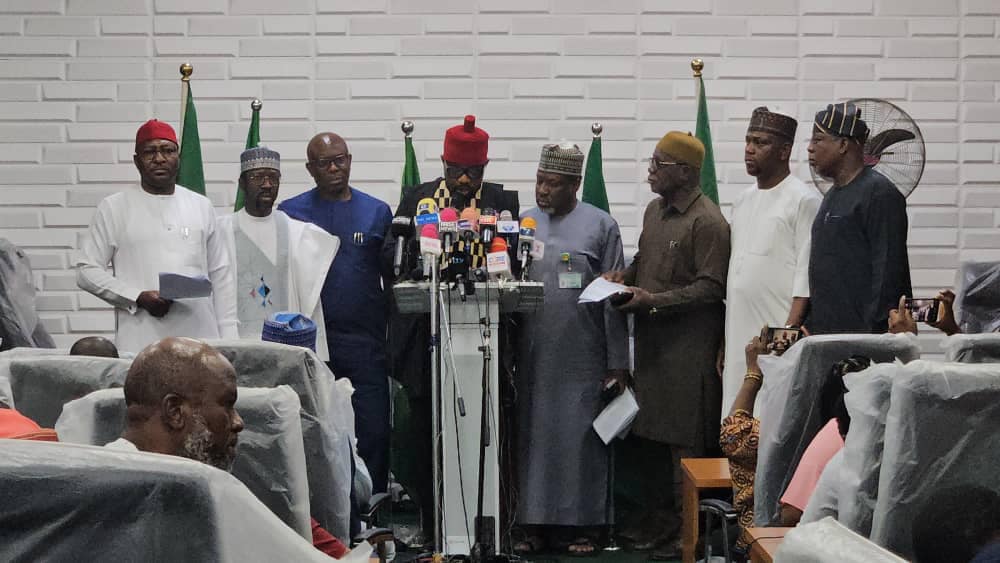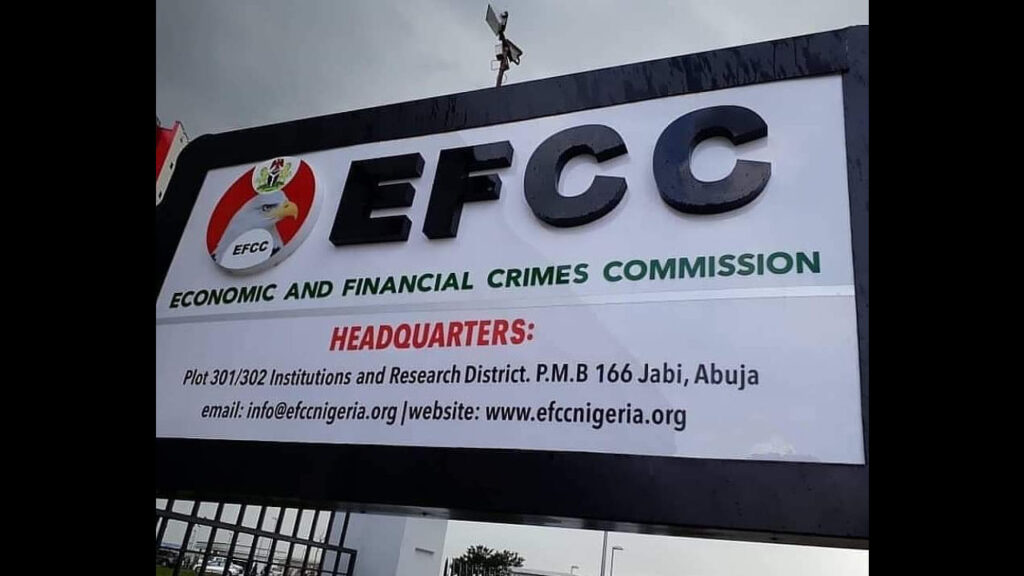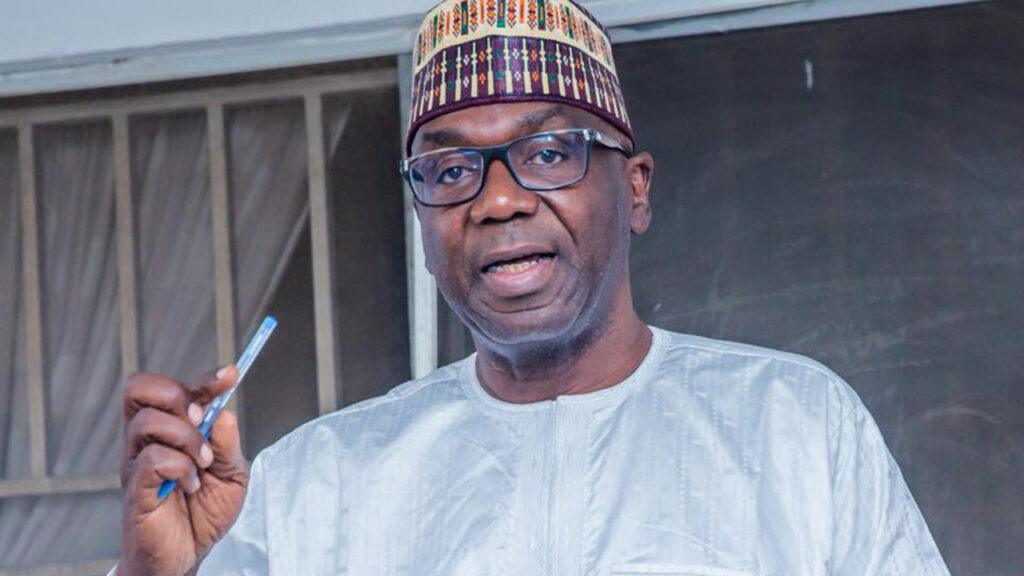
Certificate racketeering, from being endemic, is becoming a pandemic in Nigeria – as enabled by the action and inaction of the Federal Government and desperate politicians. The latest exposé of a Nigerian completing a four-year first degree in just six weeks is a stark reminder of the rot at hand and an education sector in need of an overhaul, IYABO LAWAL writes.
Nigeria’s history, political and educational, is replete with certificate scandals. The latest exposé of a Nigerian bagging a first degree in six weeks in a university (ESGT) in Cotonou and participating in the mandatory one-year National Youth Service scheme is a stark reminder of how far Nigerians will go to acquire educational qualifications illegally and occupy unmerited offices.
For several years, the ills of certificate racketeering have been spotlighted by the media, with several recorded knee-jerk responses from the government, similar to the latest reaction.
Recently, the Federal Government announced the suspension of evaluation and accreditation of degree certificates from Benin Republic and Togo. In a statement by Augustina Obilor-Duru on behalf of the Director of Press and Public Relations, Federal Ministry of Education, the government lamented that “some Nigerians deploy nefarious means and unconscionable methods to get a degree with the end objective of getting graduate job opportunities for which they are not qualified.”
This statement followed an investigative report by a Nigerian Newspaper where a reporter bagged a Cotonou University degree in six weeks. Minister of Education, Tahir Mamman added that government would expand its crackdown to countries like Uganda, Kenya, and Niger Republic, to combat the proliferation of fake university degrees.
“We are not going to stop at just Benin and Togo. We are going to extend the dragnet to countries like Uganda, Kenya, even Niger, where such institutions have been set up,” said Mamman as the government launched an investigation involving the Ministries of Foreign Affairs and Education of Nigeria, Benin, Togo, the State Security Service (SSS) and National Youth Service Corps (NYSC).
NYSC as a ‘crime scene’
In July 2019, then-Director-General of NYSC, Brigadier-General Shuaibu Ibrahim, accused universities in Benin Republic of presenting unqualified graduates for the one-year mandatory scheme and said the corps had begun investigations into the activities of the universities involved in the fraudulent practice.
“It is unfortunate that some institutions of higher learning, particularly in Cotonou, Benin Republic, present to us people who didn’t go through the four walls of the university as graduates for NYSC mobilisation,” the then-NYSC director-general said. “We are presently investigating some so-called graduates, many of whom cannot write or spell any word in English.”
To uncover how the “illiterates” graduated and were cleared to serve, the National Universities Commission (NUC) set up a panel comprising NYSC officials, the Joint Admissions and Matriculation Board (JAMB) and the SSS. The mandate of the panel, signed by the NUC Director of Quality Assurance, was to fully investigate the report to identify the culprits, including others similarly mobilised and their collaborators, and ensure sanctions accordingly.
That was 2019. Nothing was heard afterwards.
This is 2024; another individual successfully participated in the mandatory NYSC scheme, undetected. Nigeria remains filled with myriads of investigations and little or no resolutions over certificate racketeering from within and without. Yet, the government is promising another round of probes, with the education ministry disclosing it had “commenced internal administrative processes to determine the culpability or otherwise of her staff for which applicable public service rules would be applied.”
It added, “The issue of degree mills institutions, i.e. institutions that exist on paper or operate in a clandestine manner outside the control of regulators, is a global problem that all countries grapple with. FME has been contending with the problem, including illegal institutions located abroad or at home preying on unsuspecting, innocent Nigerians, and some desperate Nigerians who deliberately patronise such outlets.
FG’s huff and puff
Nigeria is the seventh most populous nation in the world. With an estimated 42.5 million people in 1960, its population has grown to over 200 million. According to the United Nations projections, by 2050, Nigeria will have 399 million people, and that is not good news for the country’s education sector, which has repeatedly suffered severe cuts in financial allocations.
Between 2015 and 2017, no fewer than 20 people were arrested for possessing forged certificates, presenting fake certificates, and forgery of the signatures of ministry officials.
However, considering the Federal Government’s appointment of Salisu Buhari —the disgraced, certificate-forging former Speaker of the House of Representatives, to the governing council of a federal university —it is not difficult to see the kind of support the NUC will get from the government. Buhari was elected into the House based on forgery and perjury – he had lied about his age and academic qualifications. He had claimed a degree from the University of Toronto, Canada, which he never earned.
In 2011, 51-year-old Daniel Ishola Owaodemi forged several certificates to teach as a lecturer for 12 years at the Abubakar Tafawa Balewa University (ATBU) in Bauchi. He was convicted but slapped on the wrist with a fine of N60,000 by Chief Magistrate Isah Mohammed.
A female lecturer at the Ibrahim Badamasi Babangida University (IBBU) Lapai in Niger State was also caught in the cheating circle of academic forgers. The institution gave her the boot because she used a forged master’s degree certificate from Ahmadu Bello University (ABU), Zaria, to teach students at IBBU.
The nation’s tertiary education system always sticks out like a sore thumb, and it was less than bemusing when the Federal Government announced in April 2019, that it was auditing 40,000 foreign certificates obtained by Nigerian students from universities abroad.
Nigeria, once home to some of the best universities in the world, missed out even on the Africa Group of the elite in the 2016 editions of the Global Ranking of Universities on Employability Skills Index released by two reputable global bodies.
The rankings, which recognised only four universities in Africa, marked out two in South Africa and another two in Egypt. None of the over 160 universities in Nigeria was rated.
According to experts, the decadence in university education is attributable to years of poor funding, incessant strikes by university teachers, poor admission standards, corruption, and fraud. The four African universities reflected in the 2016 Quacquarelli Symonds’ (QS) “Graduate Employability” and “Global Employability” rankings were the Universities of Cape Town and Witwatersrand in South Africa; the American University in Cairo and Cairo University in Egypt.
Nigerians are seeking university education in unlikely —at times in bizarre places —in search of ‘foreign certificates.’ For instance, universities in the Republic of Benin have become Nigerians’ go-to institutions of learning. That is not the concern because too many young Nigerians are chasing a few universities in Nigeria.
The Federal Government’s worry about the attraction of the youngsters and their sponsors to Benin is that the little nation is riddled with illegal universities, which have sprung up to satisfy what seems to be an insatiable desire for university education by Nigerians. Some years ago, the Nigerian government blacklisted 52 non-accredited universities in the Benin Republic and declared at least 51 illegal in Nigeria. Following the latest certificate scandal, the government issued another list last week.
Looking backward
While blacklisting unaccredited tertiary institutions is good, experts in the sector have noted that the appetite for higher education in the world’s most populous black nation is huge, with existing infrastructure, policies and political realities being a stumbling block for the hundreds of thousands of Nigerian youths.
The situation has resulted in the unwieldy rise of illegal tertiary institutions in the country, with most of them claiming affiliation to established universities in the United States, United Kingdom, and Canada —even Ghana and the Republic of Benin.
According to a former executive secretary of the NUC, Prof. Peter Okebukola, the quality of tertiary education is depressed. The decline started way back, and it’s been worsening since 2009. Then, the Academic Staff Union of Universities (ASUU) and the Federal Government made a deal to overhaul the system after a two-month-long industrial action that shuttered the entire university system in 2011.
The then-Secretary to the Government of the Federation, Anyim Pius Anyim and former Education Minister, Prof. Rukkayat Rufai, had to initiate a move back to the drawing table. They set up the Committee on Needs Assessment of Nigerian Public Universities to examine the depth of the decline in the tertiary education sub-sector.
Chaired by Prof. Mahmood Yakubu, then-executive secretary of the Tertiary Education Trust Fund (TETFund), who now heads the Independent National Electoral Commission (INEC), the study team included two federal lawmakers, seven bureaucrats, the past president of ASUU, Prof. A. Awuzie, and a couple of eggheads from the tertiary institutions. It was a fact-finding mission.
The facts gathered were hard ones —starting from access to carrying capacities, erosion of learning quality, poor staffing, and brain drain. As of that time, 1.25 million eager students – of 1.5 million applicants —are denied admission annually into universities. The whole shebang of the university system, the Ministry of Education noted, can take in just 150,000 – when about 1.2 million students, the committee confirmed, currently cram themselves in the institutions.
Way forward
In the past, several analysts and education experts have weighed in on the proliferation of fake degrees. An academic scholar, Kanu Success Ikechi, noted that “Nigerian universities don’t give a hoot about the reputation” of an honorary degree recipient.
“This is all the more surprising since even the award of the first degree by academic endeavour is typically predicated on good character,” added Ikechi. Dr Idris Oyemitan of the Department of Chemical and Physical Sciences, Faculty of Natural Sciences at the Walter Sisulu University in South Africa, suggested that the NUC and other regulatory agencies “look into this issue, intervene and restore sanity to end treacherous acts of our private universities.”
Experts also urged public–private and government-owned organisations to scrutinise academic institutions’ security symbols and seals and look out for the designation of the authority that signed, and the structure or chain of the expressions on the certificate. They also urged academic institutions and other employers of labour to contact issuing schools to verify the authenticity of certificates presented to them.
The Electronic Transcript Exchange (ETX-NG) and certificate verification system for Nigeria may be useful in this regard. The ETX-NG verifies the higher education and professional certification qualifications claimed by a graduate or member. Using highly secure Internet technology, the service provides an immediate response.
“This replaces the manual methods traditionally used by the country’s tertiary institutions, making the experience better for universities and better for employers. The primary purpose of verification is to confirm the academic record of those claiming to be successful students and to enable the truly qualified to secure the most rewarding positions.
“A significant proportion of job applicants admit to having exaggerated or embellished their academic qualifications. A smaller number have been found to have blatantly lied and invented totally fictitious qualifications. Some have performed no study at all and have purchased a bogus degree from a bogus institution,” the academic fraud buster said.
Speaking on the position of the law on forgery and penalty, Dayo Akinlaja (SAN), noted that forgery in whatever form is a criminal offence that attracts criminal sanctions. The legal luminary, however, clarified that the penalties vary from imprisonment to imposition of a fine.
A retired director of the SSS, Mike Ejiofor, said every political officeholder is supposed to have a background check of schools attended and qualifications obtained, which the SSS effectively carried out until 1998 when some politicians stripped the security agency of any power to carry out such checks.
Federal Government’s plan
The Federal Ministry of Education said it is already putting in place mechanisms to sanitise the sector, including dissuading the quest for degree certificates (locally or from foreign countries), through a re-invigorated focus on inclusivity and reliance on all skill sets. It reiterated its commitment to collaborate with stakeholders, including civil society organisations, to consistently enhance the Nigerian education system.












